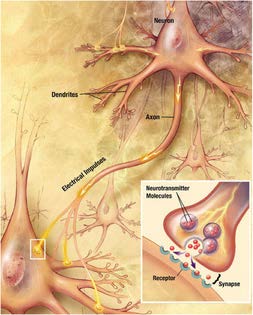
The first few months of a puppy’s life are crucial for helping her become a friendly, confident dog. During this socialization period, experiences have a much greater and longer-lasting impact than at any other time in a dog’s life. Socialization teaches your puppy that new people, dogs, and places aren’t scary, which is essential for her to thrive in a busy environment. But why is this time so important? What’s happening in your puppy’s brain?
All animals need to tune their brains to respond appropriately to their environment. A street dog needs to be cautious and ready for danger, while a sport dog needs to be calm and focused in new situations. It’s normal for animals to adjust to their surroundings early in life. This process even begins before birth. However, as they grow, they stop making these adjustments and start relying on past experiences. The socialization period closes, and the flexible puppy brain becomes a more set adult brain. This change shows that the puppy brain is different from the adult brain.

The distinction is found in the neural connections, which are the cells of the brain. Neurons interact with one another via connections known as synapses. Each neuron can have thousands of synapses. When a dog learns something new, certain synapses become stronger, making it easier for information to flow between those neurons. During the socialization period, the puppy’s brain creates lots of new synapses. Connections are forming everywhere! However, this chaotic network can’t be sustained in an adult brain. As the socialization period ends, synapses that aren’t used often are pruned away, while those that are used frequently are kept. This “use it or lose it” process shapes the brain for adulthood.
For example, if a puppy rarely encounters people in funny hats, the synapses related to that experience might be pruned away. But if the puppy regularly has positive interactions with people in funny hats, those connections will be strengthened and retained. The puppy brain that evaluates new experiences gives way to the adult brain that makes assumptions. Whether those assumptions are good or bad depends on the socialization the puppy received. If done well, the dog will have positive associations that are useful in a competition setting. If not, fears that develop early can be hard to overcome later because the adult brain doesn’t create new connections as easily as the puppy brain.
When you’re socializing a puppy, you’re helping her brain prune synapses in a way that’s appropriate for her future life. The goal is to keep many connections and make them positive ones!
